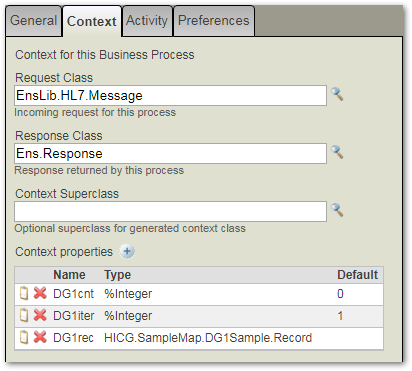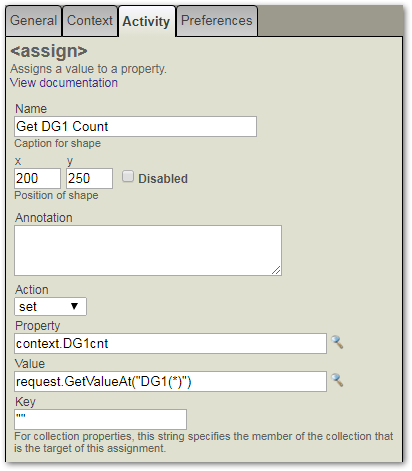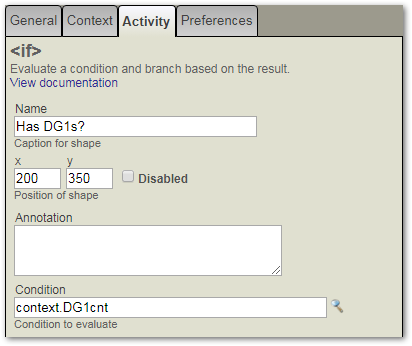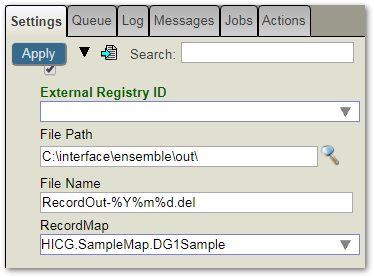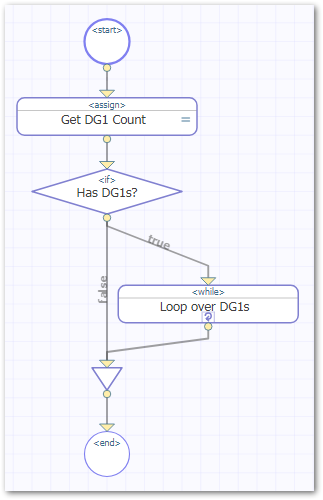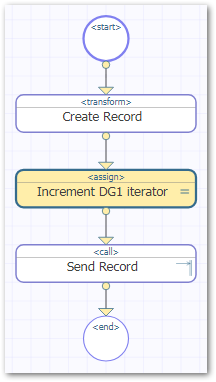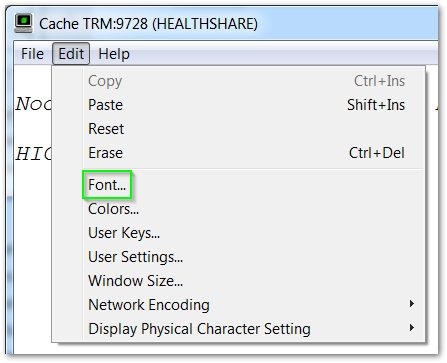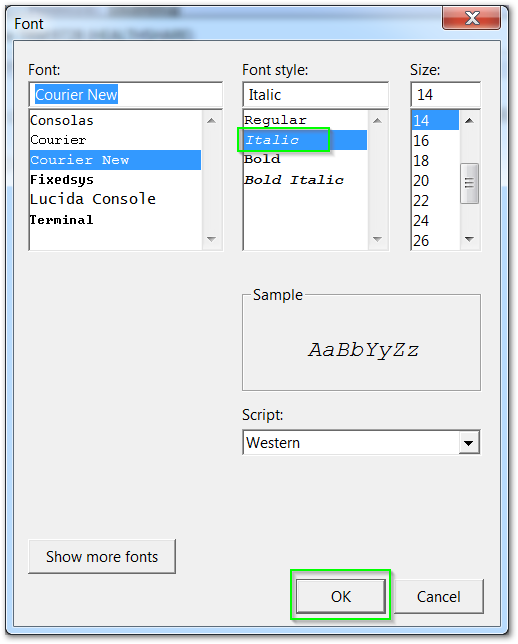I actually gave you half of the answer in my previous comment, but it was easy to miss ... ![]()
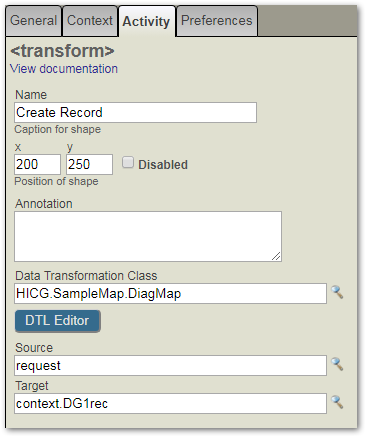
The Target variable of the DTL will contain the value to which you'll set the callrequest property of the <call> activity:
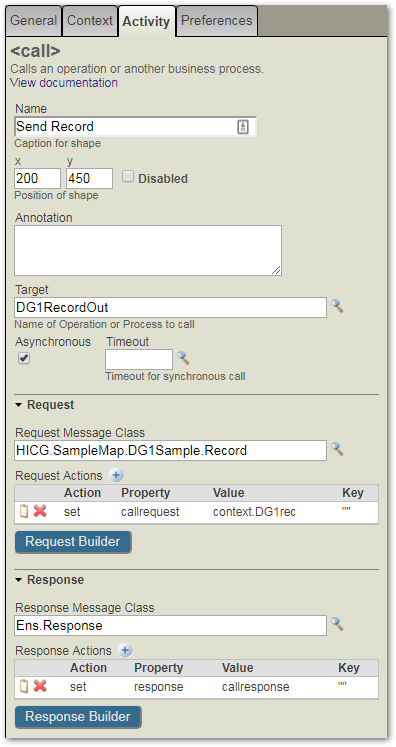
EDIT: You don't really need to use the request builder for this. Just click on the "+" after Request Actions, select "set", then select the property and value from their respective drop-down lists.
- Log in to post comments
